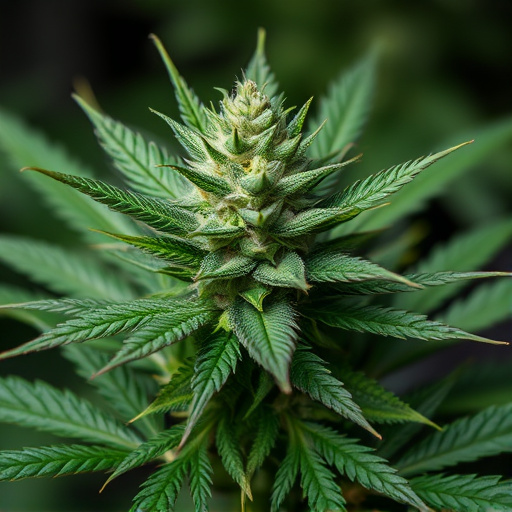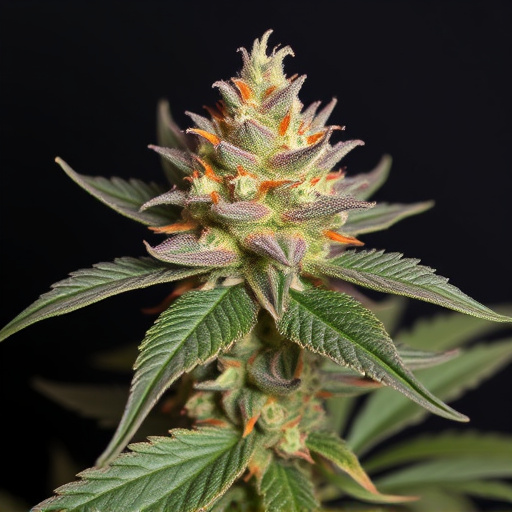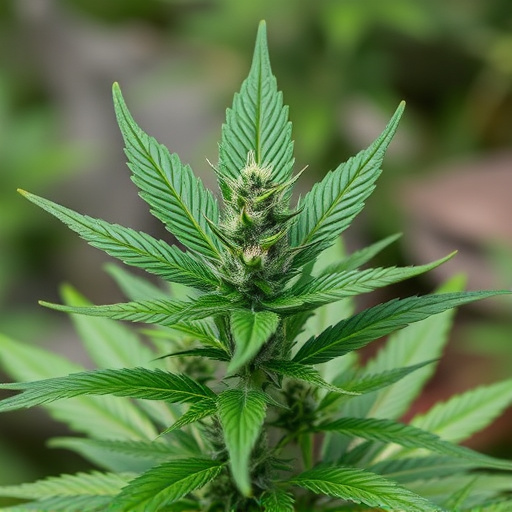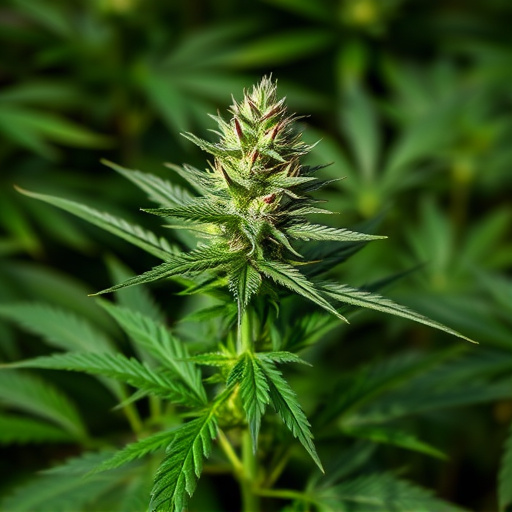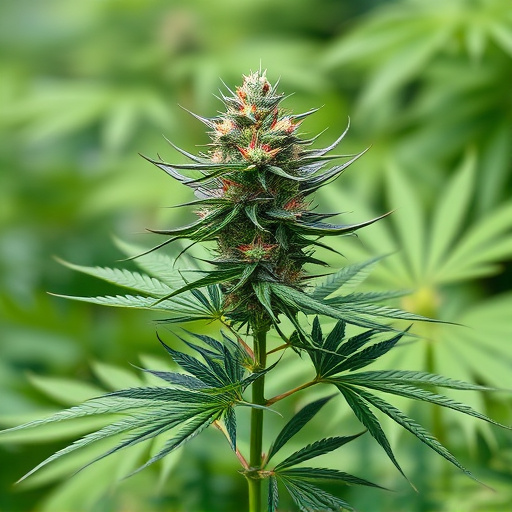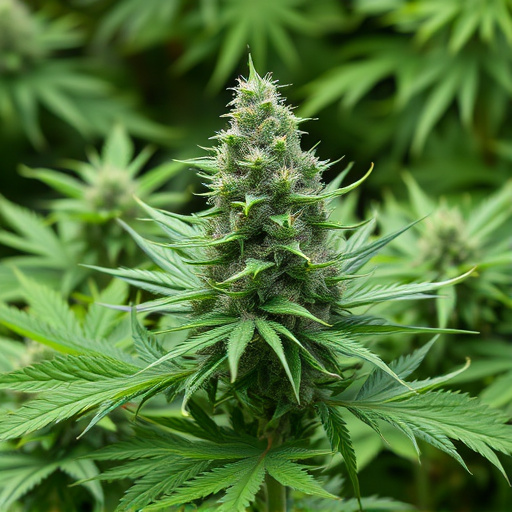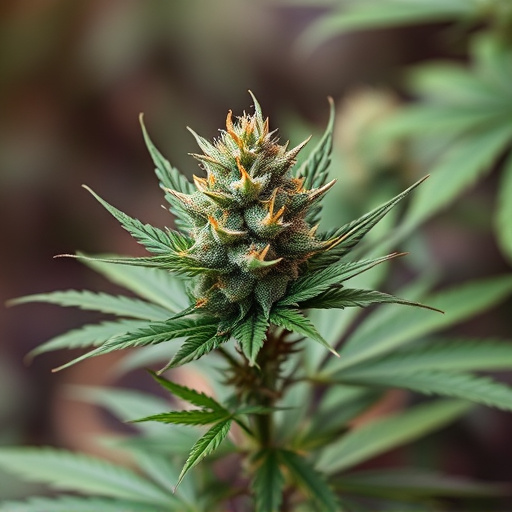The effects of cannabis vary greatly based on strain, dosage, and individual user. Short-term benefits include heightened creativity, relaxation, and altered time perception, but can also cause anxiety, disorientation, and coordination issues. Regular use may lead to more persistent cognitive changes, respiratory problems, and chronic health issues, especially with high-potency strains. Different strains of cannabis have varying levels of THC and CBD, which influence these effects on mental well-being, mood, and potential risks like anxiety disorders or psychosis.
“Uncovering the Comprehensive Cannabis Conundrum: Exploring Short- and Long-Term Effects of Weed
Cannabis, with its diverse strains, has garnered global attention. This article delves into the multifaceted world of weed, dissecting its short-term and long-term impacts on the body and mind. From physical changes to mental shifts and cognitive alterations, we examine the immediate effects. Furthermore, we explore the subtle and not-so-subtle long-term health risks, psychological dependencies, and societal implications.
Understanding strain-specific differences is paramount; whether it’s the iconic Indica vs. Sativa or the complexities of hybrid strains, each varietal presents unique chemical compositions that significantly influence its effects.”
Short-Term Effects of Weed

The short-term effects of weed, or cannabis, can vary greatly depending on the strain, dosage, and individual user. Common immediate experiences include heightened sensory perception, increased appetite, relaxation, and altered time perception. Many users also report feeling more creative and socially animated, which has led to its popularity in artistic and social settings. However, it’s important to note that cannabis can also induce anxiety, paranoia, and disorientation in some individuals, especially when consuming high-THC strains.
Short-term effects may also include impaired coordination and judgment, making activities like driving or operating machinery unsafe. Memory and concentration can also be temporarily affected, impacting short-term memory recall and problem-solving abilities. These effects typically subside within a few hours to a day after consumption, but regular use can lead to more persistent changes in brain function, particularly in adolescents and young adults.
– Physical Impacts

The physical impacts of weed, or cannabis, are multifaceted and can vary greatly depending on the strain and frequency of use. Short-term effects include heightened senses, relaxation, and altered perception, which can lead to improved creativity for some users. However, these initial sensations may also result in dizziness, dry mouth, and red eyes—a common and well-known side effect often referred to as a “munchies” response due to increased appetite.
Long-term use of cannabis can have more significant physical consequences. Regular consumption has been linked to respiratory issues due to the inhalation of smoke or vapour from various strains of cannabis. Some studies also suggest that frequent users may experience problems with memory, concentration, and motor coordination over time. Additionally, prolonged exposure to certain compounds in cannabis could contribute to chronic health issues, especially if individuals use high-potency strains on a regular basis.
– Mental and Emotional Changes
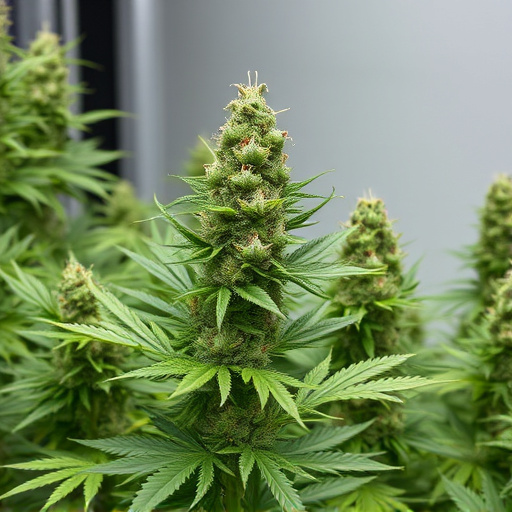
The short-term effects of weed on mental and emotional well-being can vary significantly depending on factors like individual tolerance, strain composition (or strains of cannabis), and setting. Users may experience heightened senses, increased relaxation, and altered perceptions, which can lead to a sense of euphoria or heightened emotional awareness. However, it’s not uncommon for individuals to feel anxious or paranoid, especially if they consume higher doses or less familiar strains. These immediate changes can range from enjoyable to unsettling, depending on personal disposition.
Long-term use of cannabis may result in more persistent mental and emotional shifts. Regular consumers often report increased creativity and improved mood, but there’s also a risk of developing anxiety disorders, depression, or psychosis, particularly in those with pre-existing mental health conditions. The impact can be further influenced by the specific compounds present in different strains of cannabis, such as THC and CBD, which have unique effects on brain chemistry.
Understanding the short- and long-term effects of weed, including the various strains of cannabis, is essential for informed decision-making. While immediate impacts may include relaxation or altered perception, consistent usage can lead to physical and mental health modifications. By recognizing these effects, users can navigate their consumption responsibly, ensuring a balanced approach to enjoying the benefits of cannabis while mitigating potential drawbacks.





